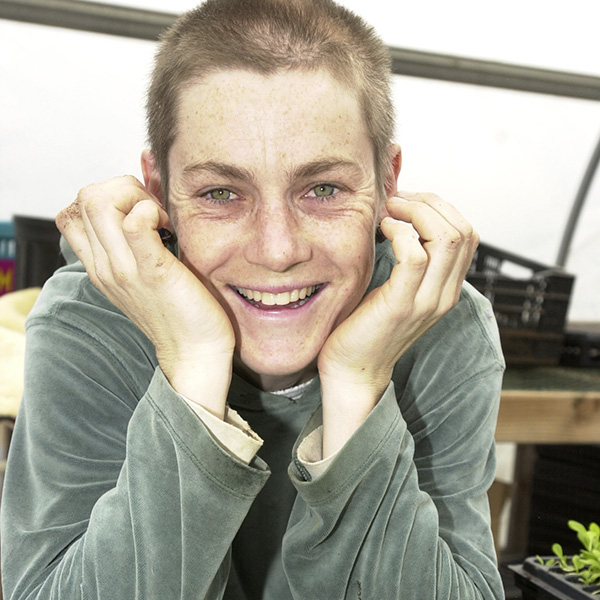
The child is ahead of her adult companions, and as she stands alone at the edge of the pavement, she reprimands the older, presumably wiser members of her beach party.
“See!” she shouts. “I told you I should have brought my swimming suit!”
She is pointing out over the calm water, her desire weighing only one factor, the ease with which someone her size could safely enter the flat sea. She has not tested the temperature.
Indeed, a man with a separate group has just emerged from his Thanksgiving plunge. He is unhurriedly toweling off and teasing his dry family with the threat a of cold, damp hug.
“Yes,” I tell the little stranger, “you should have brought your suit. That man just got out. It looks like the water is perfect.” I point to the man.
Her parents have caught up to her, and the group pauses at the beach entrance. They are bundled, perhaps too bundled. (You don’t have to walk far on the beach to feel warm.) They smile tight, obligatory smiles and navigate very cautiously, as we must walk past each other.
The kid is faster. She’d taken a shy step backward but now charges down onto the beach. The tide is low and the beach is wide; they presumably will stop her before she gets far.
Winter, the angle of it, is the sun spending all day over the Atlantic; our days are short and bright. At dawn, fishermen wade into the outwash and cast long, hopeful lines toward a churning target. The sky is lit, but the sun seems to take a very long time to follow.
No pallet, no color arrangement, is ever twice the same. The water, even when it is calm, moves infinite amounts of light, not to mention life. Easily visible from shore, gannets, seabirds with brilliant white feathers and pointy black wing tips, are bombing the water’s surface: splash, splash, splash. The fisherman, with his huge rubber boots and graceful but limited casts, can appreciate who has the better spot.
Loons are silver then gone as they laterally dive for their fish and then surface so far from where they vanished that you might make a game of guessing. Black ducks float, near and far. Far, in accord with the lift and fall of each wave’s activity, they comprise an intermittent, thin black line. Near, you can hear the murmur of the flock, a soft ambient slow whistle sound that is from the duck’s most ethereal range and nothing like a “quack.”
We so often watch animals. We hunt them for food, we draw them under microscope. We study them endlessly and often speculate that they are emotionally simple, intellectually inferior creatures of habit.
What I mistook for a giant log is a seal that is watching pedestrians. He is floating just beyond the break, and when people stop to look, he submerges and then slowly, from a slightly different vantage point, comes up to watch again. A couple films it, and wonders what it is. A sea lion, perhaps, considering its size and not its range.
 More Posts from Marilee Foster
More Posts from Marilee Foster